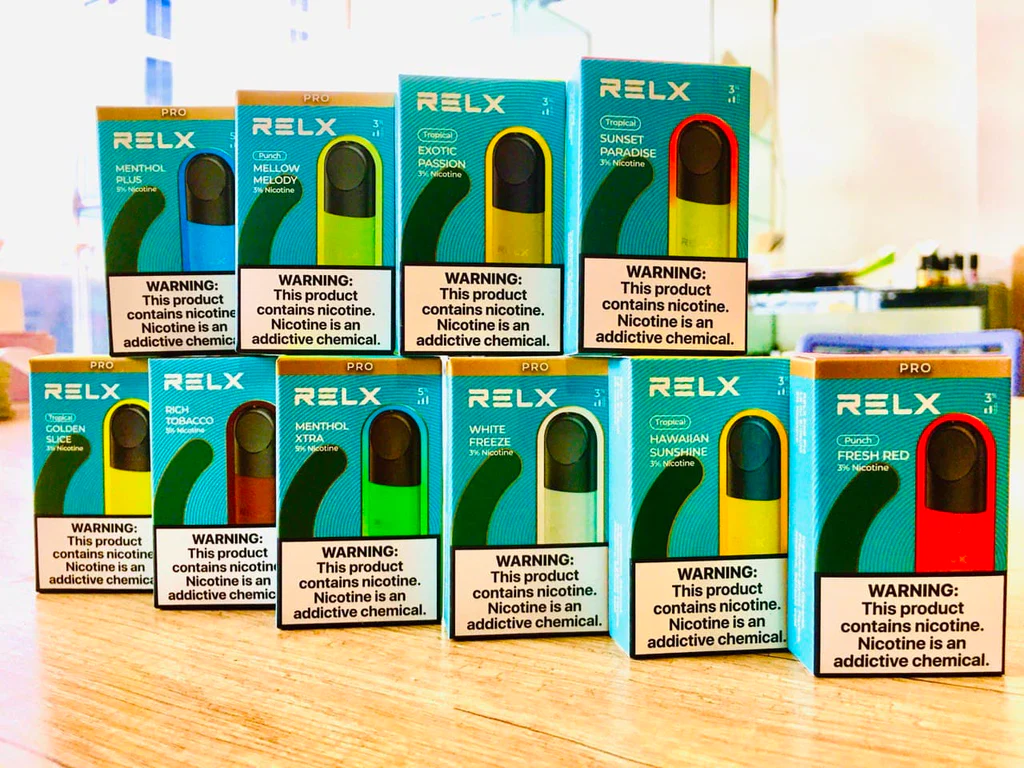The latest research from University College London: E-cigarettes will not induce young people to use cigarettes, and reasonable supervision is the most important
A new study published in the scientific journal “Addiction” has also attracted attention. The report pointed out that between 2007 and 2018, the use of e-cigarettes by young people in the UK did not lead to an increase in smoking rates, denying the gateway effect of e-cigarettes on cigarettes.

Caption: The study was published in the scientific journal Addiction.
The research was led by professors from UCL Behavioural Sciences and Health. Founded in London in 1826, UCL is one of the world’s top public comprehensive research universities. In 2021-22, UCL ranks 8th in the QS World University Rankings, 16th in the U.S. News World University Rankings, 16th in the Times Higher Education World University Rankings, and 17th in the Academic Ranking of the World University of Science and Technology.
UCL researchers found that since 2013, the rate of e-cigarette use among 16-17-year-olds in the UK has remained stable at 5%. The smoking rate of this group dropped from 30% in 2013 to 25% in 2018. And after the British government promoted e-cigarettes as a smoking cessation tool to smokers, 50,000 smokers in the UK successfully quit smoking every year.

Legend: Research shows that e-cigarette use among youth groups has remained stable, and cigarette smoking (rolling) rates have steadily declined.
The report pointed out that many countries will be affected by the so-called “gateway effect”, which will promote various stringent e-cigarette regulatory policies. For example, the U.S. Food and Drug Administration (FDA) has introduced a ban on e-cigarette flavors for this reason. However, it remains to be demonstrated whether e-cigarettes have a portal effect of cigarettes.
This study just fills the gap in this field. Professor Lion Shahab, the author of the report, said: “A large number of studies have confirmed the harm reduction and cessation potential of e-cigarettes. This study makes it clear that e-cigarettes will not It has a gateway effect on cigarettes, and the use of e-cigarettes will not induce youth to use cigarettes, which will help governments formulate reasonable regulatory policies.”
Lessons learned: U.S. flavor bans lead to rising teen smoking
Affected by the (FDA), some parts of the United States have adopted flavor bans.
However, after the implementation of the ban, smuggling trade and black market transactions have become more and more rampant, and a large number of unregulated electronic cigarettes with poor quality have flowed out through the black market. In Massachusetts alone, more than 200,000 smuggled electronic cigarette products will be seized in 2021. These Products seriously threaten the physical and mental health of users.

Caption: Massive increase in smuggling of e-cigarettes in Massachusetts
Even more surprising, the flavor ban actually led to an increase in teen smoking. A 2021 study from the Yale School of Public Health found that high school students under 18 were twice as likely to smoke as students in other areas after the flavor ban in San Francisco.
According to Abigail Friedman, a professor at the Yale School of Public Health, the ban only restricts teenage purchases, but does not eradicate the ideological motives of teens to smoke, especially since many teens smoke themselves, and the taste ban forces them to use it again. Roll back cigarettes.

Caption: Research shows that flavor bans designed to limit youth exposure to e-cigarettes have ultimately led to an increase in youth smoking rates.
Professor Friedman said: “I understand that policymakers have good intentions in implementing the ban on e-cigarette flavors, but if it increases the smoking rate of young people and indirectly promotes the use of cigarettes by minors, it will also pose a threat to public health.”
Konstantinos Farsalinos, a leading scholar in the field of global tobacco control, expressed a similar view. He believes that properly regulated flavored e-cigarettes are an effective tool to prevent disease and save lives. Taste bans are harmful to society, fostering crime and threatening consumer safety. More seriously, such a policy will make more people smoke.
Facts have proved that the regulation of e-cigarettes is very important, but how to regulate is more important, and it is obviously unwise to make a one-size-fits-all approach to flavor e-cigarettes. Perhaps, on the basis of prohibiting the use of electronic cigarettes by minors, how to meet the needs of adults for cigarette replacement and taste is a more reasonable supervision method.

















Leave a Reply